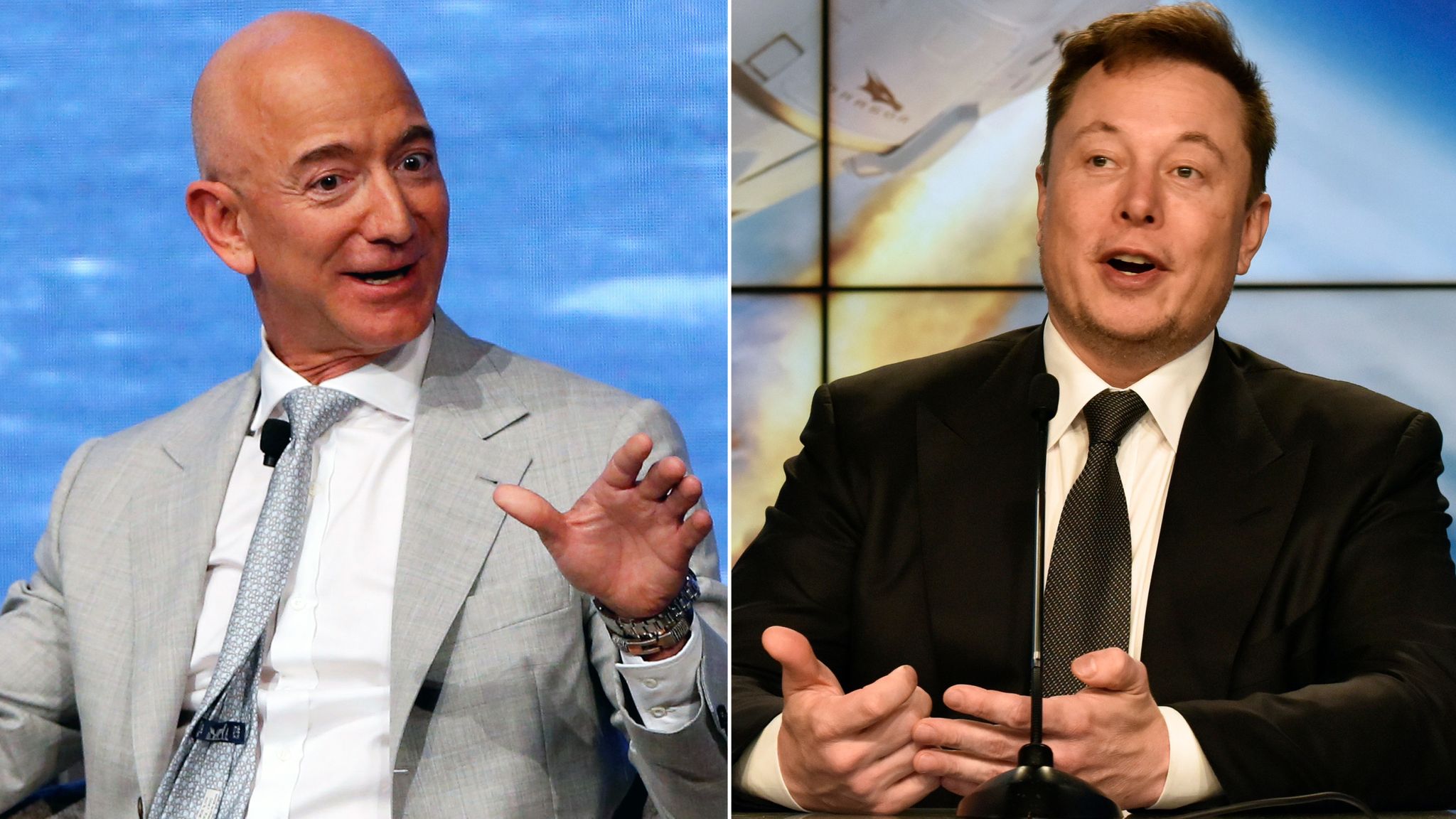The Corona pandemic helps billionaires and furthers income inequality so the government should raise their taxes, several lawmakers say.
The well-heeled, they contend, should pay much more and help offset some of the crisis’ increased health care costs, they say.
That is the intent of their recently proposed bill in the U.S. Senate, which is entitled “The Make the Billionaires Pay Act.”
Getting Richer as Others Get Poorer
“As more than 160,000 Americans have lost their lives and millions more have lost their jobs, it is unconscionable that the super-wealthy are getting even richer in the midst of this crisis,” according to Senator Ed Markey (D-Mass), one of the bill’s sponsors.
Still, critics say the unintended effects of such a law would hurt the economy because the rich are often drivers of growth. Americans, by pulling down or trying to pull down the rich, will be hurting themselves, critics contend.
However, the sponsors of the “Make the Billionaires Pay Act” are calling for a one-time tax on billionaires that they say would cost Jeff Bezos and Elon Musk $42.8 billion and $27.5 billion, respectively. It would assess them and other billionaires “a one-time 60 percent tax on wealth gains made by billionaires between March 18, 2020 and January 1, 2021,” the sponsors said.
An Emergency Tax
The bill, co-sponsored by Senator Bernie Sanders (I-Vt.), would “impose an emergency tax on the increase in wealth of billionaires during the COVID–19 pandemic in order to pay for all of the out of pocket healthcare expenses of the uninsured and under-insured, including prescription drugs,” according to the bill.
The legislation is necessary because the super wealthy are unjustly profiting from the woes of the nation, Sanders argues.
The measure “will tax the obscene wealth gains billionaires have made during this extraordinary crisis to guarantee healthcare as a right to all for an entire year,” he added.
Supporters also say the measure would provide relief for millions of Americans.
Paying Their “Fair Share”
The measure requires “billionaires to pay their fair share,” said Senator Kirsten Gillibrand (D-New York), also a sponsor. It “will help support workers and families dealing with job losses, food insecurity, housing instability and health care. Not only is this a common-sense proposal, but it’s a moral one and Congress should be doing all we can to assist Americans struggling right now,” she says.
An academic supporting the measure believes it is necessary to counter income inequality.
“While the working class struggles with job and income loss, billionaires’ wealth has already fully bounced back and sometimes greatly surpassed pre-Covid levels,” said Emmanuel Saez, an economics professor at the University of California, Berkeley.
“At a time of enormous economic pain and suffering, we have a fundamental choice to make. We can continue to allow the very rich to get much richer while everyone else gets poorer and poorer,” according to Sanders. “Or we can tax the winnings a handful of billionaires made during the pandemic to improve the health and well-being of tens of millions of Americans.”
The lawmakers say the act would affect the 467 billionaires who have accumulated $731 billion since March 18th as the economy went into lockdown.
A Counterproductive Tax?
Still, critics of these wealth tax measures say they will never pass. They also have argued that taxing the rich to pay for government expenses may sound good, since most Americans are neither billionaires, nor millionaires.
The problem, they contend, is these wealth tax measures reduce the gross amount of the nation’s wealth. That, they say, ultimately shrinks the tax base. That hurts the economy. This eventually lessens the money the government collects and the jobs created, wealth tax critics say.
One such critic is Hunter Lewis of Cambridge Associates, a money manager in New England. Wealth taxes are ineffective, he argues.
“The entire economy depends on the quality and quantity of investments by the rich,” Lewis writes in his book, “One Hundred Economic Laws.”
Lewis, who runs his own money global investment firm in Cambridge, Mass., warns of the unintended effects of taxes on the super rich. These taxes won’t promote economic growth and job creation. Another problem, Lewis adds, is new taxes on the rich could hurt most investors.
A Bear Market?
The super rich will start selling assets to pay new taxes, he writes. That could lead to a market collapse. “Because markets anticipate,” Lewis writes, “the collapse would actually precede the tax due date, thereby eliminating the very wealth the government expects to tax.”
Arthur Laffer, an economic advisor to President Trump who also worked for President Reagan, told GregoryBresiger.com that the measure is “counterproductive and ridiculous.” It amounts to a form of public looting, he says.
“The difference between looting and public looting is with the looting you give your money to other people. These people offering these measures are also looters except they just happen to be elected,” according to Laffer.
Do You Want More Billionaires or Fewer?
Taxes targeting one group, Laffer adds, discourage the accumulation of capital, which hurts the productivity of the economy.
“We want billionaires,” Laffer says. “They are good for the economy. We should want more of them.”
![]()
